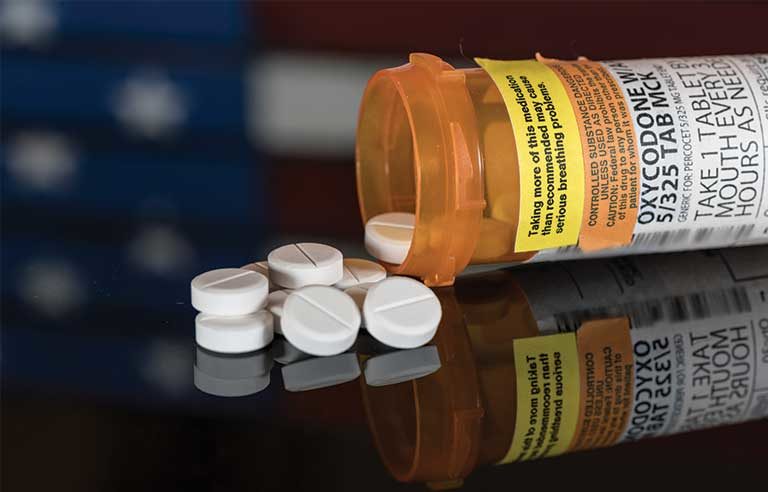Opioids and overdose risk: Study looks at on- vs. off-the-job injuries

Surrey, British Columbia — For people who are prescribed opioids to treat injury-related pain, experiencing their injury on the job may have a “protective effect” against the risk of future drug overdose.
That’s according to the results of a recent study from Fraser Health, the City of Surrey, the University of British Columbia, and the BC Injury Research and Prevention Unit.
Researchers analyzed data from nearly 300,000 ER patient visits to Fraser Health facilities between 2012 and 2018. They found that patients with no known history of opioid use were 27% more likely to experience an illicit drug overdose after being prescribed opioids to treat injury-related pain than those who weren’t prescribed opioids or opioid agonist therapy.
However, those who were injured at work were 38% less likely to experience an overdose than those who were injured away from work.
“It’s possible that more frequent monitoring of workers, along with better access to non-pharmaceutical pain management and allied health services, may lead to improved recovery and lower risk of drug poisoning,” Ian Pike, study co-author and director of the BC Injury Research and Prevention Unit, said in a press release.
Acknowledging that their results differ from existing research suggesting that people injured on the job are at higher risk of overdose, the researchers offered possible explanations:
- The patients who suffered a workplace injury were employed by definition, and “may have been healthier than the cohort of patients with non-workplace injuries, who may or may not be employed.”
- The patients injured on the job were 45% less likely to be prescribed opioid agonist therapy, “a likely marker” for opioid use disorder.
The study was published online in the journal Health Reports.
Post a comment to this article
Safety+Health welcomes comments that promote respectful dialogue. Please stay on topic. Comments that contain personal attacks, profanity or abusive language – or those aggressively promoting products or services – will be removed. We reserve the right to determine which comments violate our comment policy. (Anonymous comments are welcome; merely skip the “name” field in the comment box. An email address is required but will not be included with your comment.)

